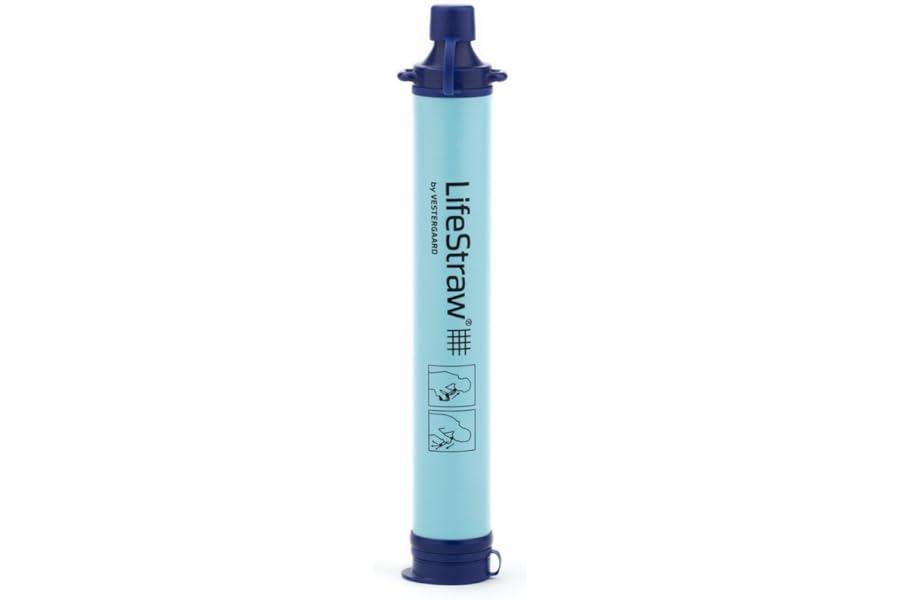Best Selling Camping & Hiking Water Filters
Introduction
When you're camping or hiking, it's important to have access to clean water. But if you're not near a reliable water source, you'll need to bring your own water filter.
Water filters remove harmful contaminants from water, making it safe to drink. There are a variety of water filters available, so it's important to choose one that's right for your needs.
Links to Best Selling Camping & Hiking Water Filters
Types of Water Filters
There are two main types of water filters: mechanical filters and chemical filters.
- Mechanical filters physically remove contaminants from water. They can be made of a variety of materials, such as ceramic, activated carbon, or hollow fiber.
- Chemical filters use chemicals to kill or inactivate contaminants. They can be made of a variety of materials, such as iodine, chlorine, or silver.
Choosing a Water Filter
When choosing a water filter, you'll need to consider the following factors:
- The type of water you'll be filtering. Some filters are designed to remove specific contaminants, such as bacteria or viruses. Others are designed to remove a wide range of contaminants.
- The amount of water you'll need to filter. If you're only going to be filtering small amounts of water, you can get away with a smaller filter. If you're going to be filtering large amounts of water, you'll need a larger filter.
- The weight and size of the filter. If you're going to be carrying the filter with you, you'll want to choose one that's lightweight and compact.
- The cost of the filter. Water filters can range in price from a few dollars to hundreds of dollars. It's important to choose a filter that fits your budget.
Using a Water Filter
Once you've chosen a water filter, you'll need to learn how to use it properly. The instructions for using your filter will vary depending on the type of filter you have.
In general, you'll need to do the following:
- Collect water from a clean source. Avoid collecting water from stagnant pools or streams.
- Pretreat the water if necessary. Some filters require you to pretreat the water before you can filter it. This may involve boiling the water or adding a chemical treatment.
- Filter the water. Follow the instructions for your filter to filter the water.
- Store the filtered water in a clean container. Once you've filtered the water, store it in a clean container. This will help to keep the water clean and free of contaminants.
Conclusion
Water filters are an essential piece of gear for any camper or hiker. By choosing the right filter and using it properly, you can ensure that you have access to clean, safe drinking water.
